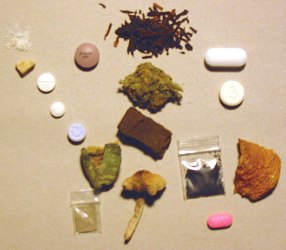 |
originally uploaded by Thoric |
**__Related stories:__***linkurl:Triggering Addiction;http://www.the-scientist.com/article/display/55237/
[December 2008]*linkurl:Needling into addiction;http://www.the-scientist.com/article/display/54223/
[February 2008]*linkurl:Addictive Research;http://www.the-scientist.com/article/display/53236/
[June 2007]














